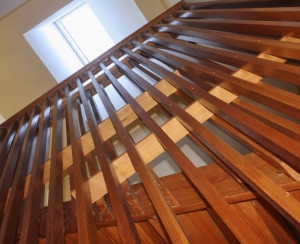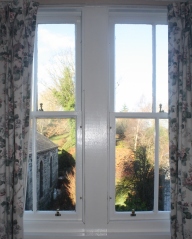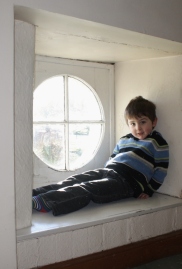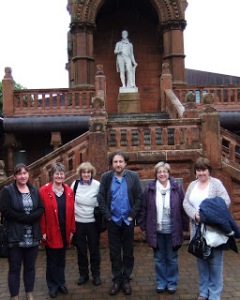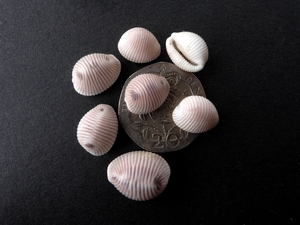The field lay white and untouched. No-one had walked here before them today, perhaps not that week. The thick covering hid any minor landmarks that Shona might have recognised in summertime and she stared around, dazed both by the sun’s reflected glare and by her own mild confusion.
“Is this the right place?” Lena asked.
“Aye, there were twa raws o’ hooses either side o’ the road. You can see bits o’ their wa’s, if ye ken whaur tae look. Least, ye can when it’s not a’ hidden unner the snaw.”
The pair scrunched forwards a few paces, peering around for signs of the old village, though in truth Lena didn’t know what she was looking for. She hadn’t visited the area before and – with the memory of the faded photographs in her mind – half expected a wee row of cottages to appear, smoke billowing welcomingly from stubby chimney stacks.
“Ower here, Lena! Ah’ve fun’ the corner ay auld Armstrong’s cottage!” Shona gestured to a large tree dwarfing the hedgerow beneath it. “This was ahin his hoose… a wee bitty weeer in they days, mind.” She scuffed the ground with her boots showing Lena the remains of masonry still half-hidden in the snow and grinned.
Her lips snapped together as she inhaled a mouthful of chilly air, and a childlike expression of fierceness replaced her grin. Lena giggled and hugged her. For a moment they stood and looked around; at the crisp, clean beauty of the colourless landscape and down at the last remnants of Shona’s birthplace and at their own breath resting on the air before fading up into the chilly nothing above.
“It must have been cold, in the cottages.”
“Well, that’s whit they say, aye… Ah don’t remember the cauld. Ma brithers an ma mam never let up aboot how cauld it wis, but they were aulder when we left. Ah mind my mam singin’ the first Christmas in the new hoose. She and my dad were dancin’ in the front room and my mam kept twirling roon in a summer dress. But… Ah don’t hae mind ay the cauld.”
Shona straightened and clapped her hands together, a trait that reminded Lena of her young daughter, the sounded muffled by thick woollen gloves. The older woman appeared to measure out the houses; walls and windows and doors and, focussing on something invisible to Lena, strode over to a spot close to the road. She waved for Lena to join her.
“This is where Ah used tae watch oot for ma brithers. Ah wis only in the schuil the mornin’ an’ when Ah got hame Ah’d wait at the windae for them tae come tearin’ roon the bend in the road. When it had been snawin’ they’d drap their bags and grab haud o’ the sledge and drag it up tae the hill by the big hoose. If they’d let me, and if ma mam didnae think it was too cauld they’d pu’ me there on it tae. I wid juist staun at the bottom o’ the hill playin’ chicken – Ah wis too feart tae go on a sledge when ah wis that wee.”
She smiled at the memory, but pulled her jacket tighter around her shoulders as though the remembered snow from her childhood added to the keen nip in the air.
“Och… ah mean, ah loved the new hoose as much as the ithers did. We had oor first Christmas tree there. Ah mind pittin’ on paper chains an’ baubles an’ ma mam fussin’ aboot in the backgrun… But Ah loved oor auld hoose in the village mair. We still came here for the sledging for a couple o’ years then… we just stopped comin’.”
A wistful look crossed Shona’s face, already lined with decades of happiness and regret. Lena pictured her keekin’ out the window, a childish brow furrowed in anticipation and excitement and, for a moment, she too regreted the abandoned village, long gone now. It was Christmas tomorrow. Shona would be with her niece in Kilmarnock and Lena would be back with her family in Edinburgh.
Snow started to fall gently as they walked back to the car park at the old kirkyard. By the time they drove off the fall was heavy. By tomorrow there would be no sign left that anyone had ever been there.

